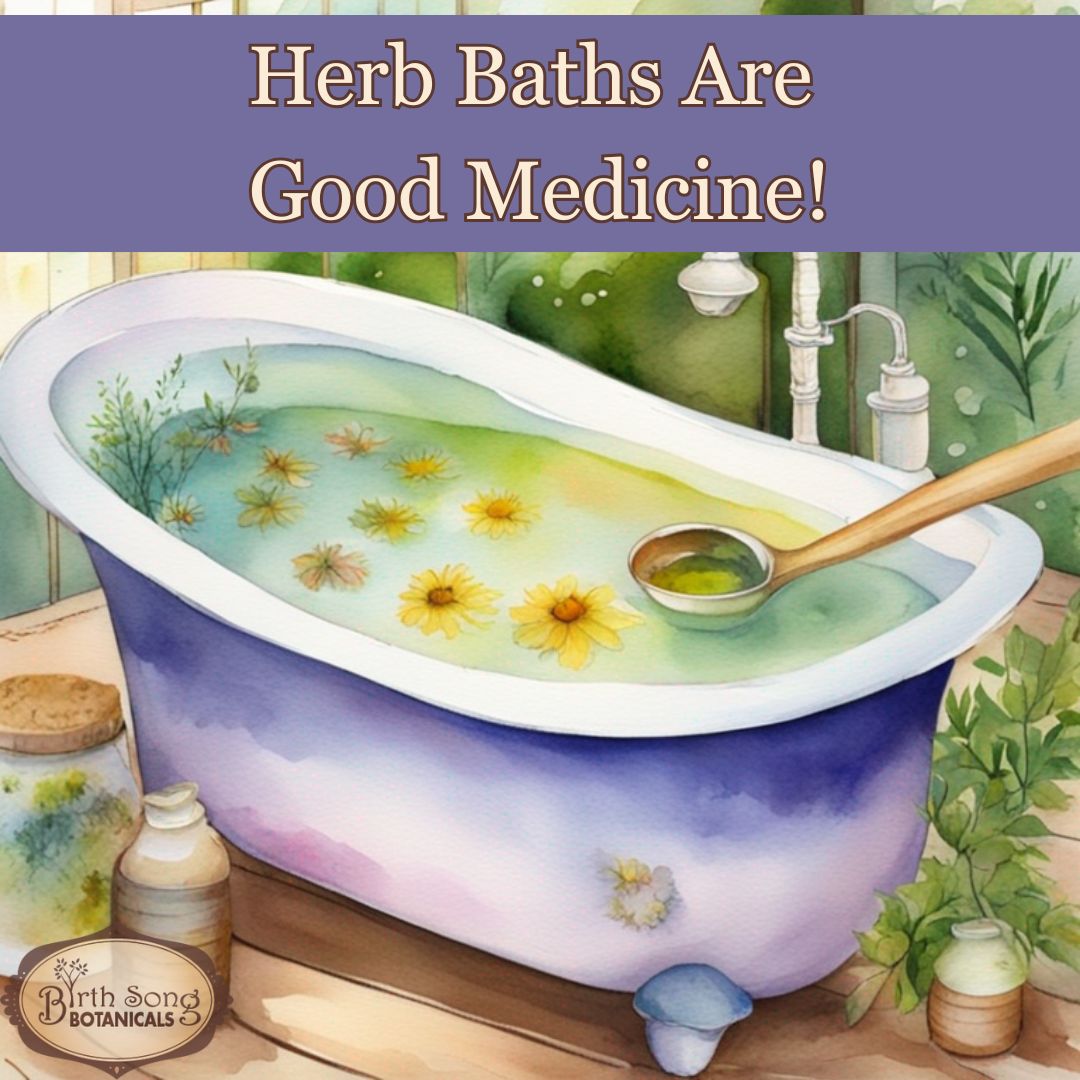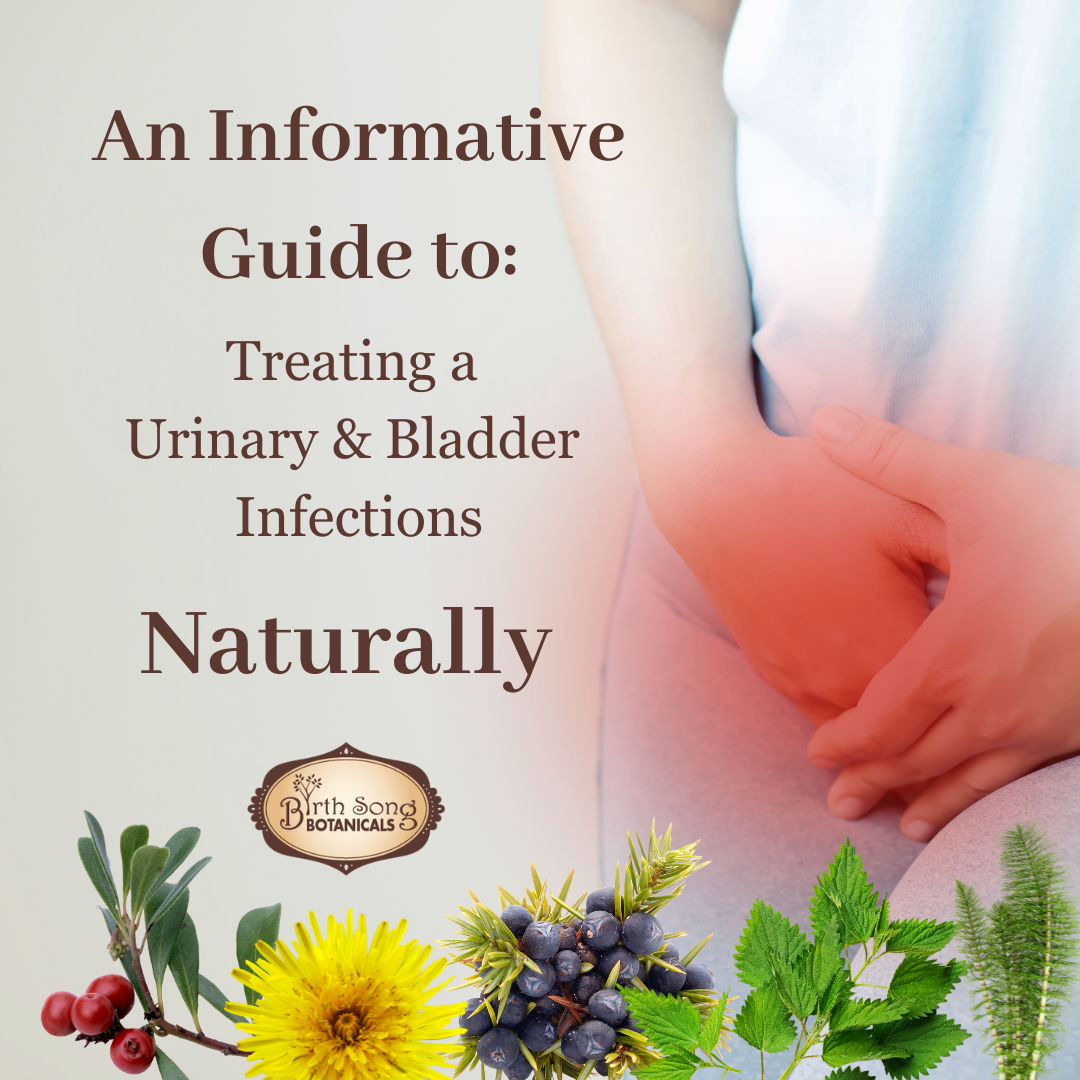Passionflower from Relaxation to First Aid

In this installment of Apothecary Wisdom, we explore the healing traits of Passionflower. When searching for ways to calm our bodies for rest and relaxation, Passionflower often comes to the forefront of most people's minds. We dive deeper into the plant, wild harvesting and making a relaxing herbal tea.
Listen on SoundCloud:
Watch on Youtube:
Passionflower (Passiflora incarnata) is not only a beautiful and calming herb but also a fascinating plant in the way it grows. Native to the southeastern United States, Passionflower thrives in sunny areas with well-drained soil. It’s a climbing vine, known for its stunning, intricate purple and white flowers that attract pollinators like bees and butterflies.
How Passionflower Grows
Passionflower can be found growing along roadsides, in meadows, and at the edges of forests. The plant itself is a hardy perennial, meaning it comes back year after year, spreading its vines far and wide. After the stunning flowers bloom, Passionflower produces an edible fruit known as maypop—a greenish-yellow, egg-shaped fruit that is not only tasty but also packed with nutrients.

Nutritional Benefits of Passionflower Fruit
The maypop fruit is rich in vitamins A and C, offering antioxidant benefits and supporting a healthy immune system. It also contains fiber, which aids digestion, and some plant compounds that are beneficial for heart health. While the fruit is not as commonly used as the leaves and stems for medicinal purposes, it’s a wonderful bonus if you come across it when harvesting!
Ethical Wildcrafting & Wild Harvesting of Passionflower
When it comes to gathering herbs like Passionflower, it’s important to do so with care and respect for the environment. Wildcrafting—the practice of harvesting herbs from the wild—should always be done ethically to ensure that we preserve plant populations for future generations.
Here are some guidelines to follow when wildcrafting Passionflower:
- Ask permission: Simply check in with the plant and the environment to see if you can or should harvest the plant. You are not asking yourself if you want the plant. You are asking the plant if you can have some of it's medicine.
- Harvest in abundance: Only wildcraft from areas where Passionflower is abundant, leaving at least two-thirds of the plant behind to continue growing and supporting the ecosystem.
- Harvest during the right season: The best time to harvest Passionflower is during its flowering season, which is typically late summer to early fall. This is when the plant's medicinal properties are most potent.
- Use the right parts of the plant: For making herbal teas, tinctures, and other remedies, you will primarily use the leaves, stems, and flowers of the plant. These parts contain the highest concentration of active compounds that promote relaxation and stress relief. The fruit can also be harvested for its nutritional benefits, but it's best to allow some to remain in the wild to support local wildlife and propagate future growth.
- Leave no trace: When harvesting, be mindful of the environment. Avoid damaging the surrounding ecosystem, and make sure to collect only what you need.
Passionflower for Relaxation and Stress Relief
As an herbalist rooted in the Wise Woman Tradition, I love blending herbs that not only support relaxation but also nourish us on a deep, soul-soothing level. One of my favorite ways to work with Passionflower is by incorporating it into a relaxing evening herbal tea that helps melt away stress and supports a deep, peaceful sleep.

Ancient Wisdom: Native American Use of Passionflower
Long before Passionflower was used in teas and tinctures, it held an important place in Native American medicine. Tribes like the Cherokee and Algonquin used Passionflower topically as a first-aid treatment for cuts, bruises, and inflammation. The leaves were crushed and applied directly to the skin to reduce swelling and promote healing.
For the Cherokee, Passionflower was even used in salves to help with snake bites and other wounds—demonstrating just how versatile and powerful this herb can be.
Passionflower for Children’s Rest & Relaxation
Passionflower is not only a wonderful herb for adults but also for children. At Birth Song Botanicals, we’ve blended Passionflower with other calming herbs in our Children's Tranquility Herbal Tincture to help kids unwind and de-stress naturally. This blend includes:
- Passionflower – Calms the mind and eases stress.
- Chamomile – Soothes the nervous system.
- Valerian – Supports restful, uninterrupted sleep.
- Catnip – Relieves anxiety and aids digestion.
These liquid drops are easy to give to children—just a few drops in water or juice before bed can help them relax after a busy day at school, promoting better sleep and emotional balance.
Bringing Passionflower Into Your Daily Life
Whether you’re blending a tea for yourself or using it to help your child sleep, Passionflower is a gentle and effective herb that has been trusted for centuries. From ancient Native American poultices to modern herbal tinctures, this herb continues to provide calm, healing, and balance in our everyday lives.

Disclaimer: This product is not intended to diagnose, treat, cure, or prevent any disease. Please consult your healthcare provider before using herbal remedies, especially for children.
Until next time my friends, drink deep and always walk in beauty.
Hugs,
Maria
🌿
Remember to:
Like our Birth Song Botanicals Facebook Page
Follow Birth Song Botanicals Co. on Instagram
Read our Birth Song Botanicals Blog
Watch Birth Song Botanicals on Youtube
Listen to Birth Song Botanicals on SoundCloud
Be inspired by Birth Song Botanicals on Pinterest




